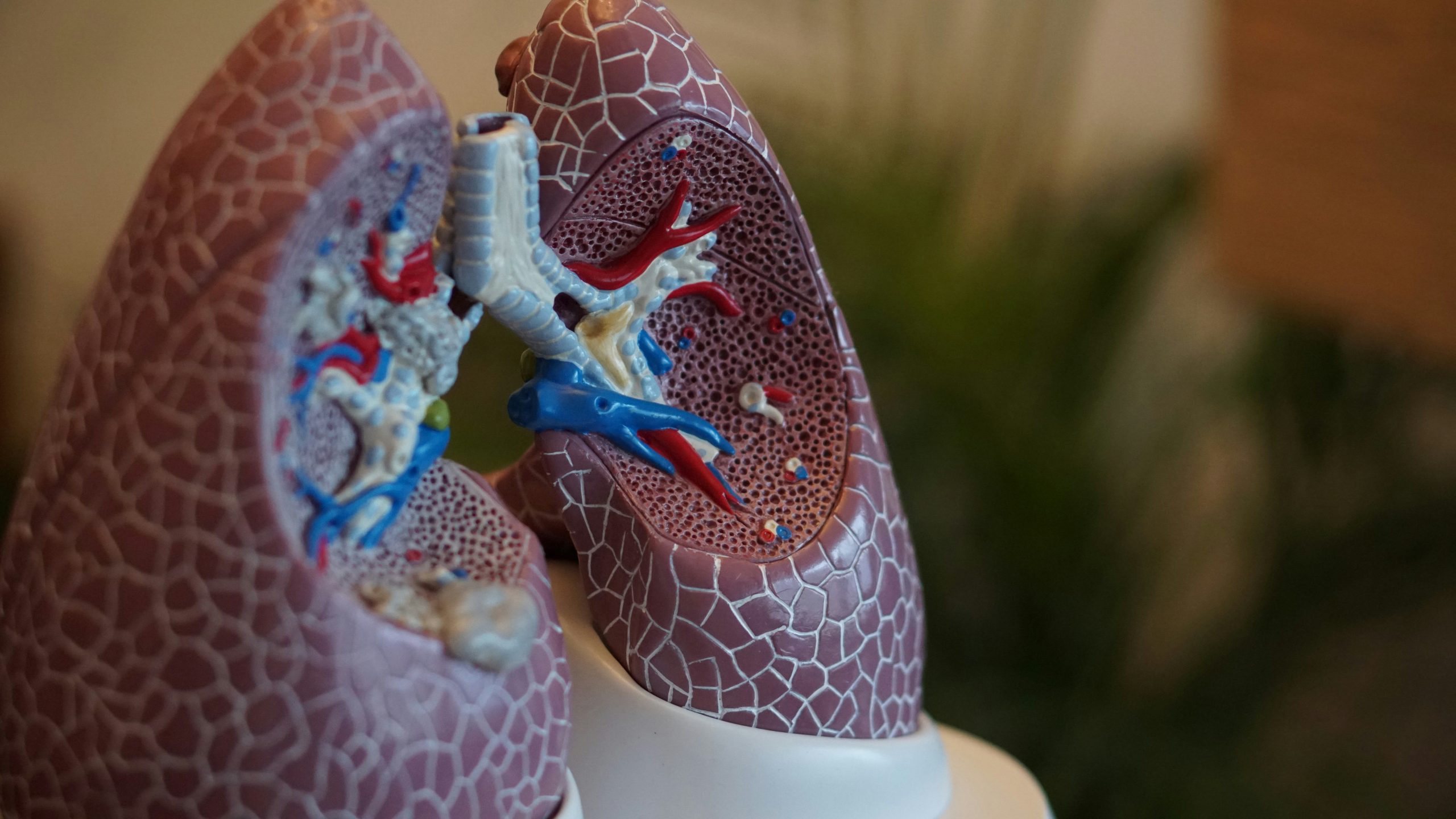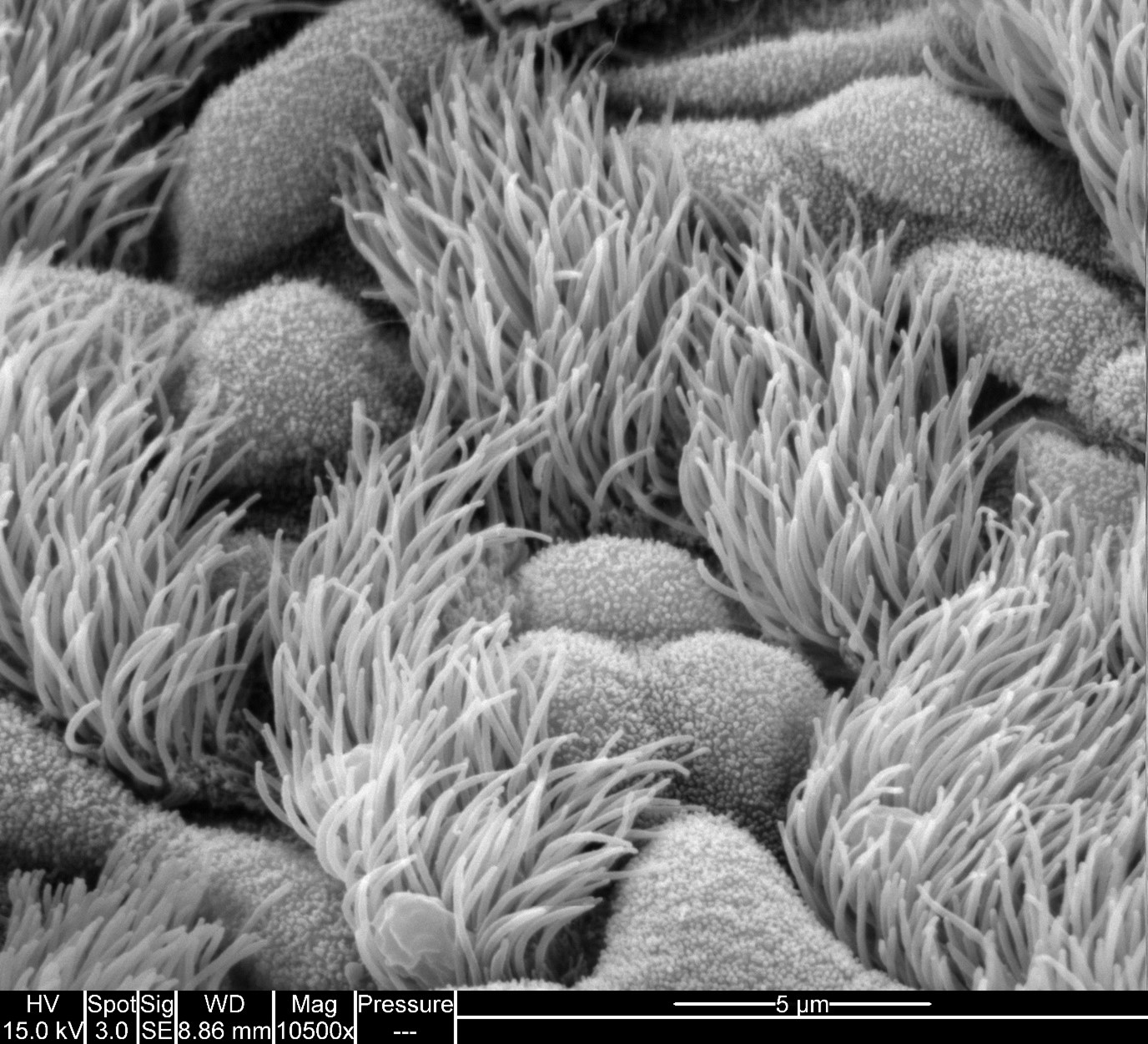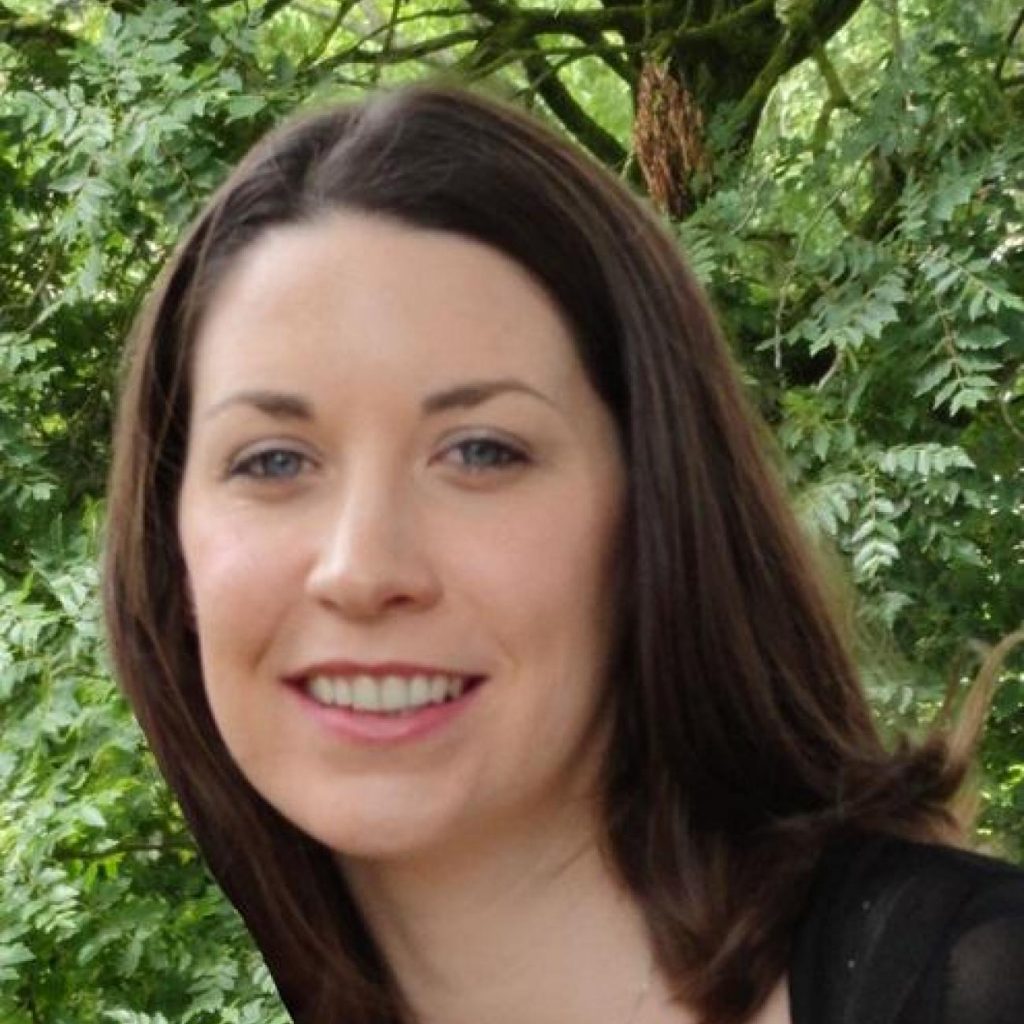
Southampton Primary Ciliary Dyskinesia (PCD) Centre
Primary ciliary dyskinesia (PCD) is a rare inherited multigenic disorder of motile cilia, causing progressive airway and lung damage. The Southampton PCD group is a national hub within a LifeArc multi-research centre investigating translational therapies in rare airways disease.

The Southampton PCD Centre has developed live ciliary function imaging, immunofluorescence imaging of ciliary proteins and air-liquid interface (ALI) culture modelling of airway epithelial cells. They have developed a bio-resource of rare airway samples and have used it to research test the effects of drugs, bacterial and respiratory viral infections on PCD airway models.
The PCD team is currently developing immortalised PCD cell culture models to replicate the PCD condition, to reduce need for scarce patient samples in research programs. The Southampton PCD team are members of the international BEAT-PCD network, leading international work packages to expand and improve PCD diagnostic speed and accuracy.
Their culture platform has provided a bio-resource of rare airway samples that has been used to test the effects of drugs such as premature stop codon read-though therapies, complex sugars to block pseudomonas lectin, and antibiotics with nitric oxide donors, examine bacterial and respiratory viral infections, and was instrumental in the discovery of short ACE2 isoform in airway epithelial cells (published in Nature Genetics 2021).

Prof Jane Lucas aims to improve the diagnosis and management of patients with PCD. She’s a leader in a large European study to improve the understanding of PCD and also leads an National Institute for Health Research funded study to investigate the validity of a test called high-speed video microscopy, which is used to diagnose PCD. Prof Lucas is currently investigating new methods to improve diagnostics and monitoring of disease progression.


